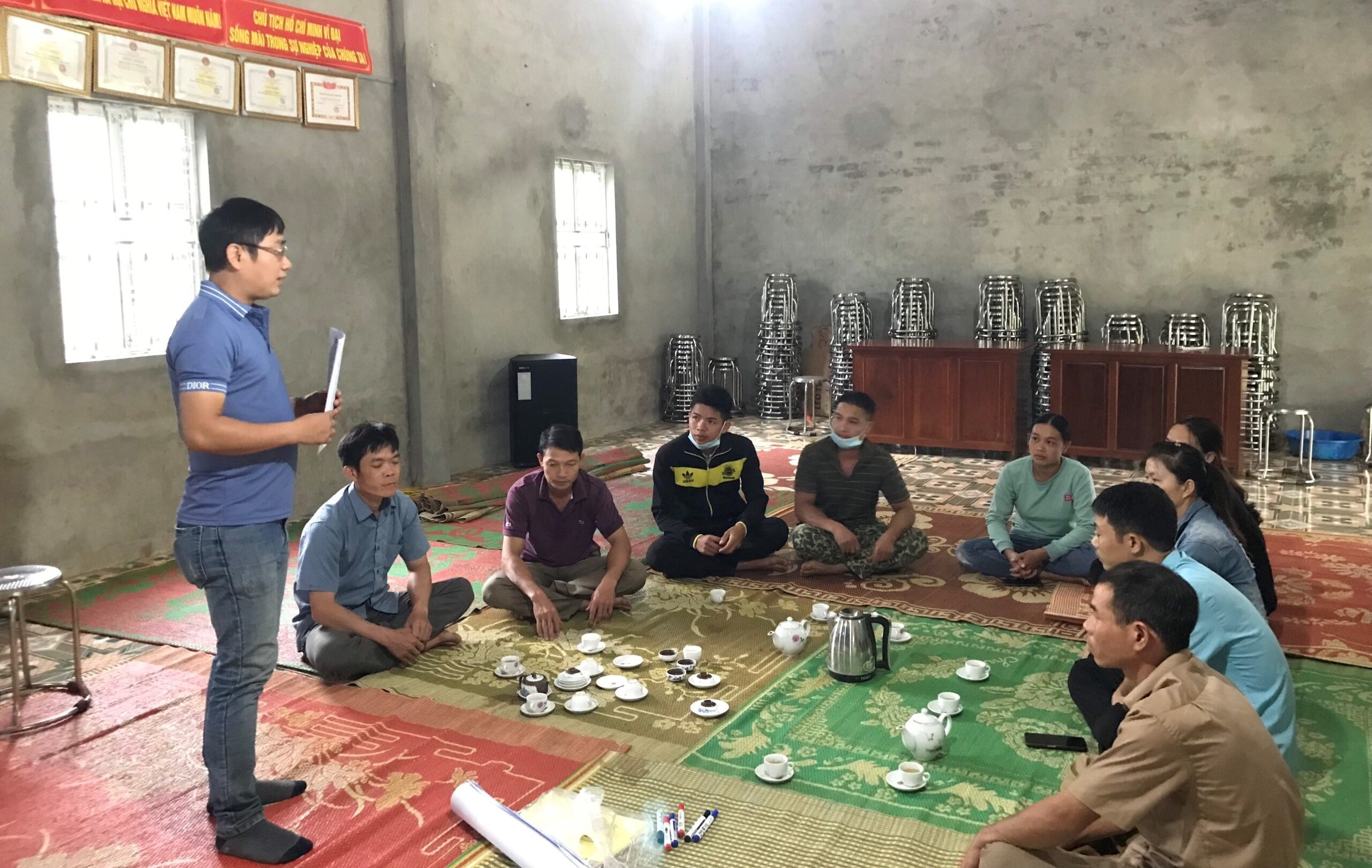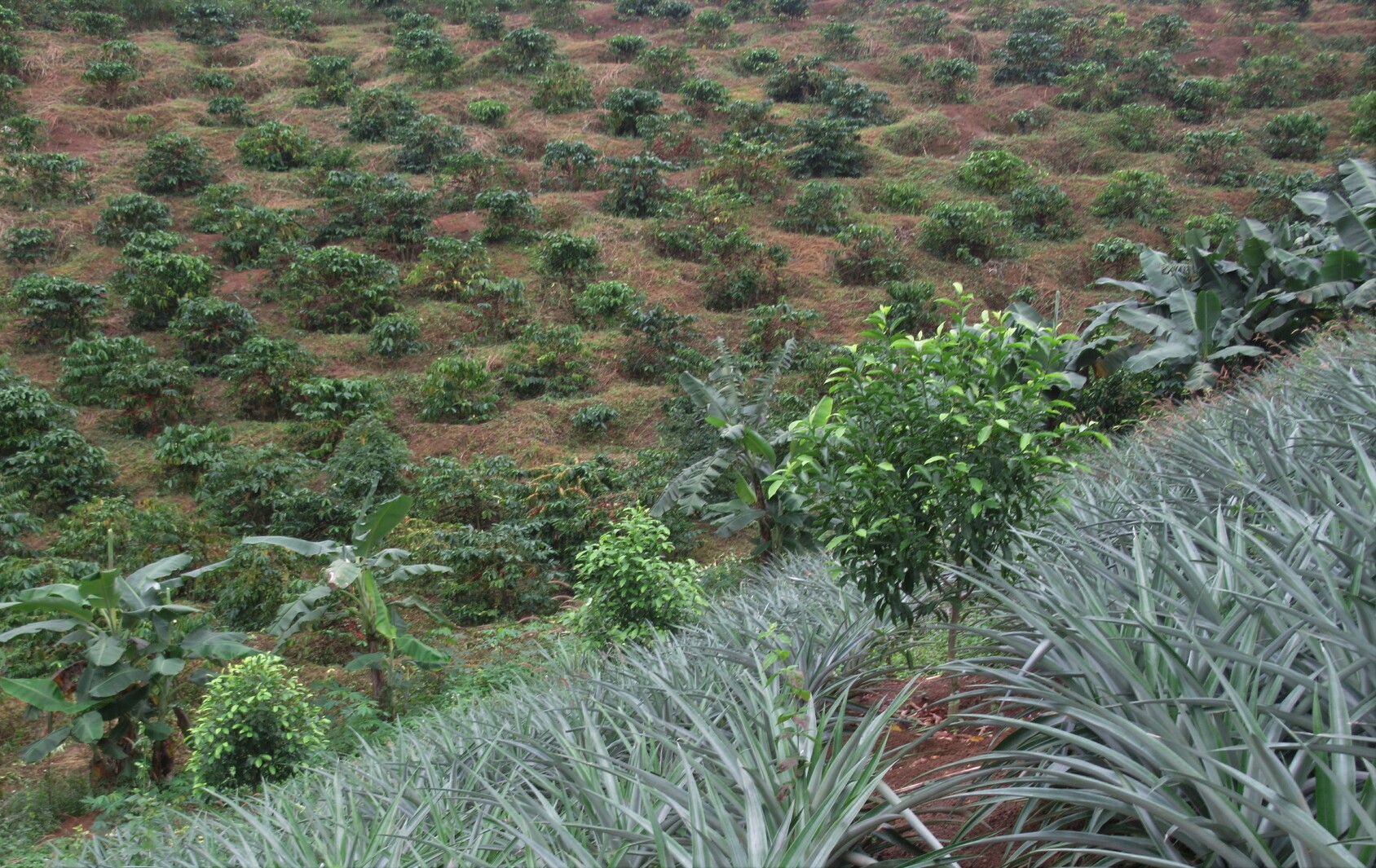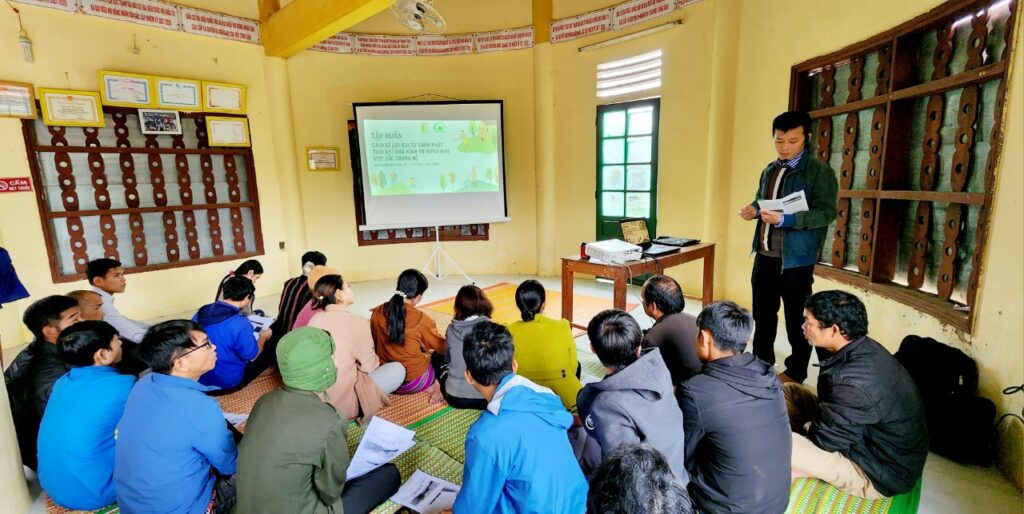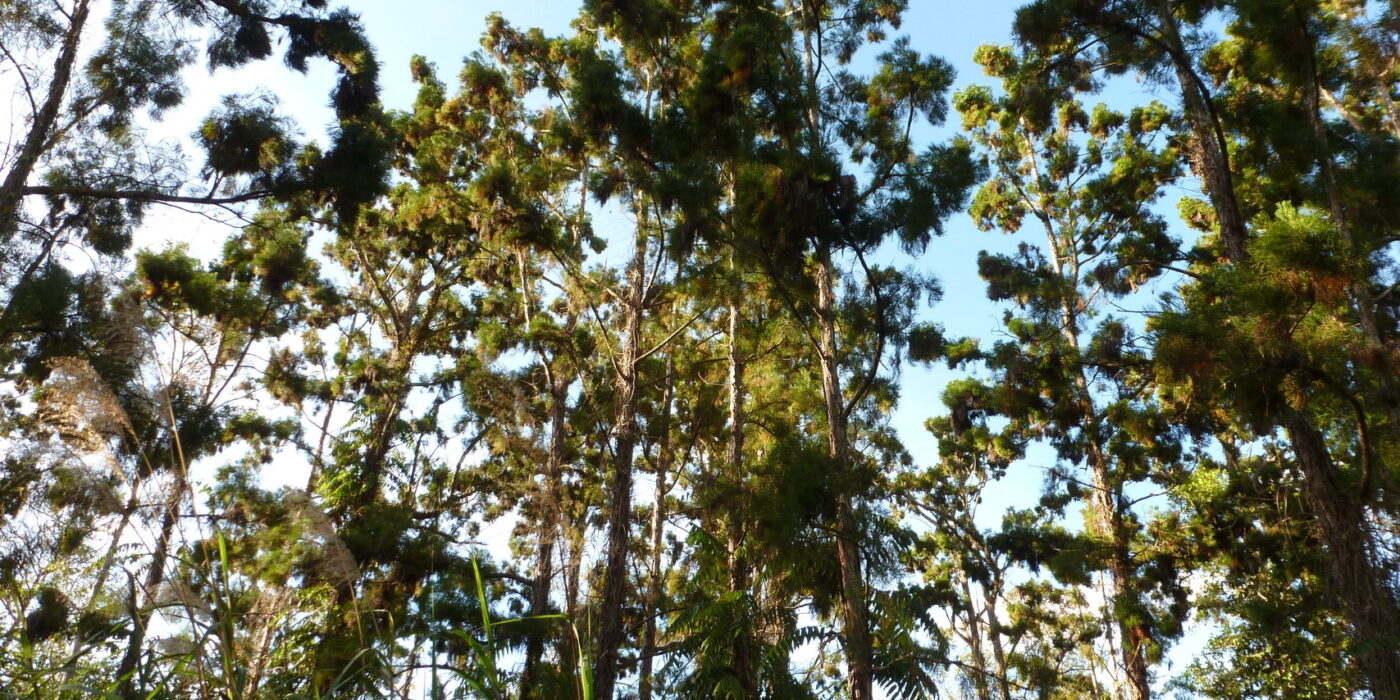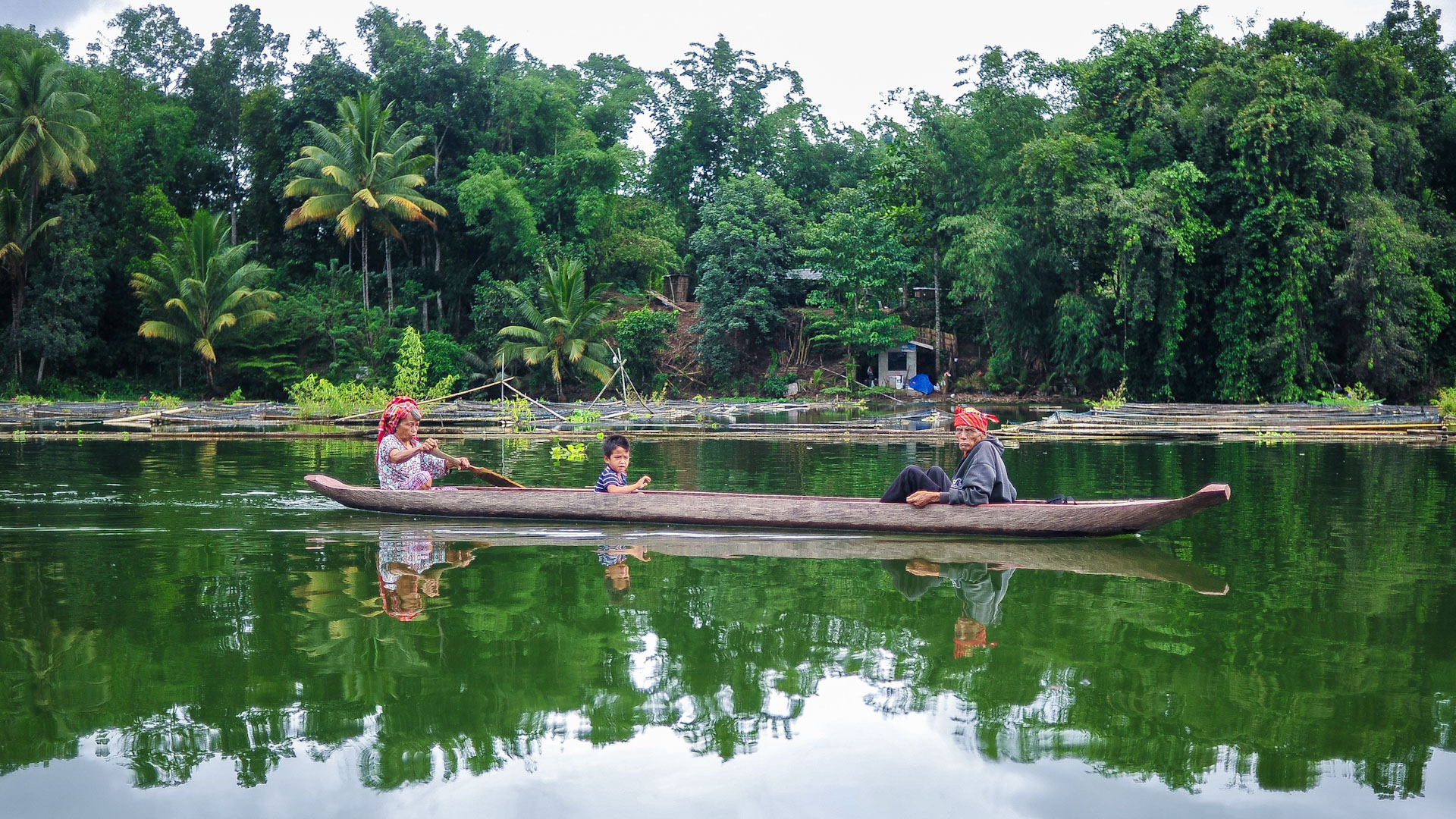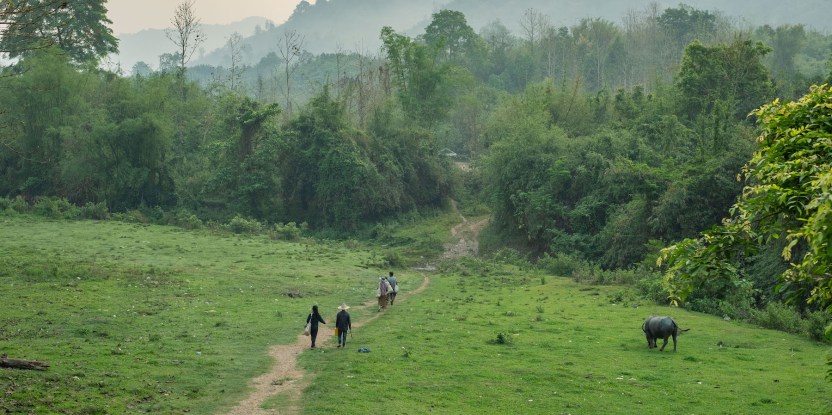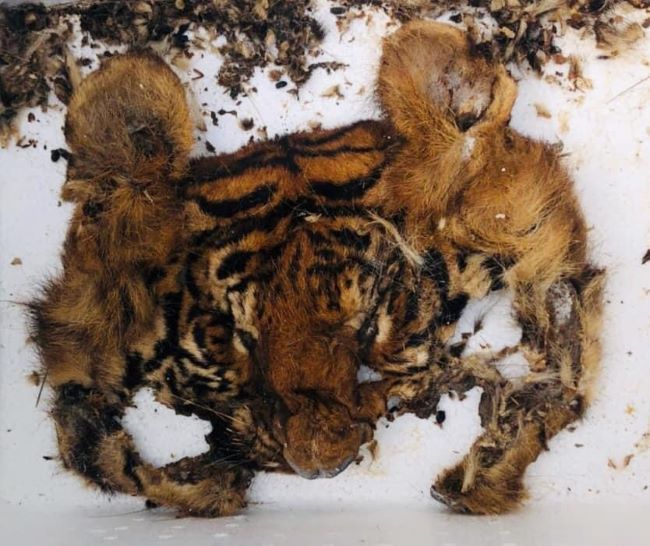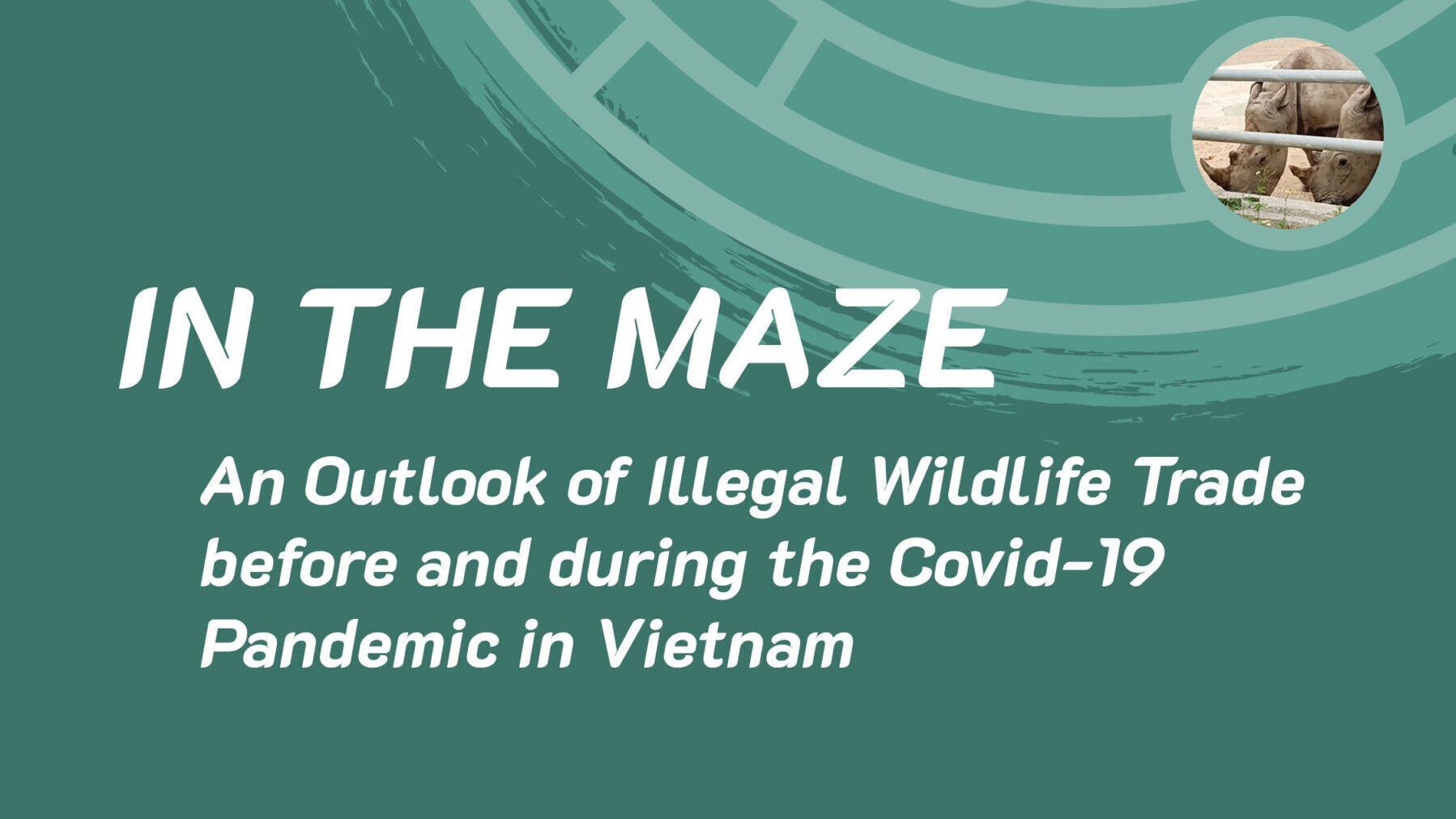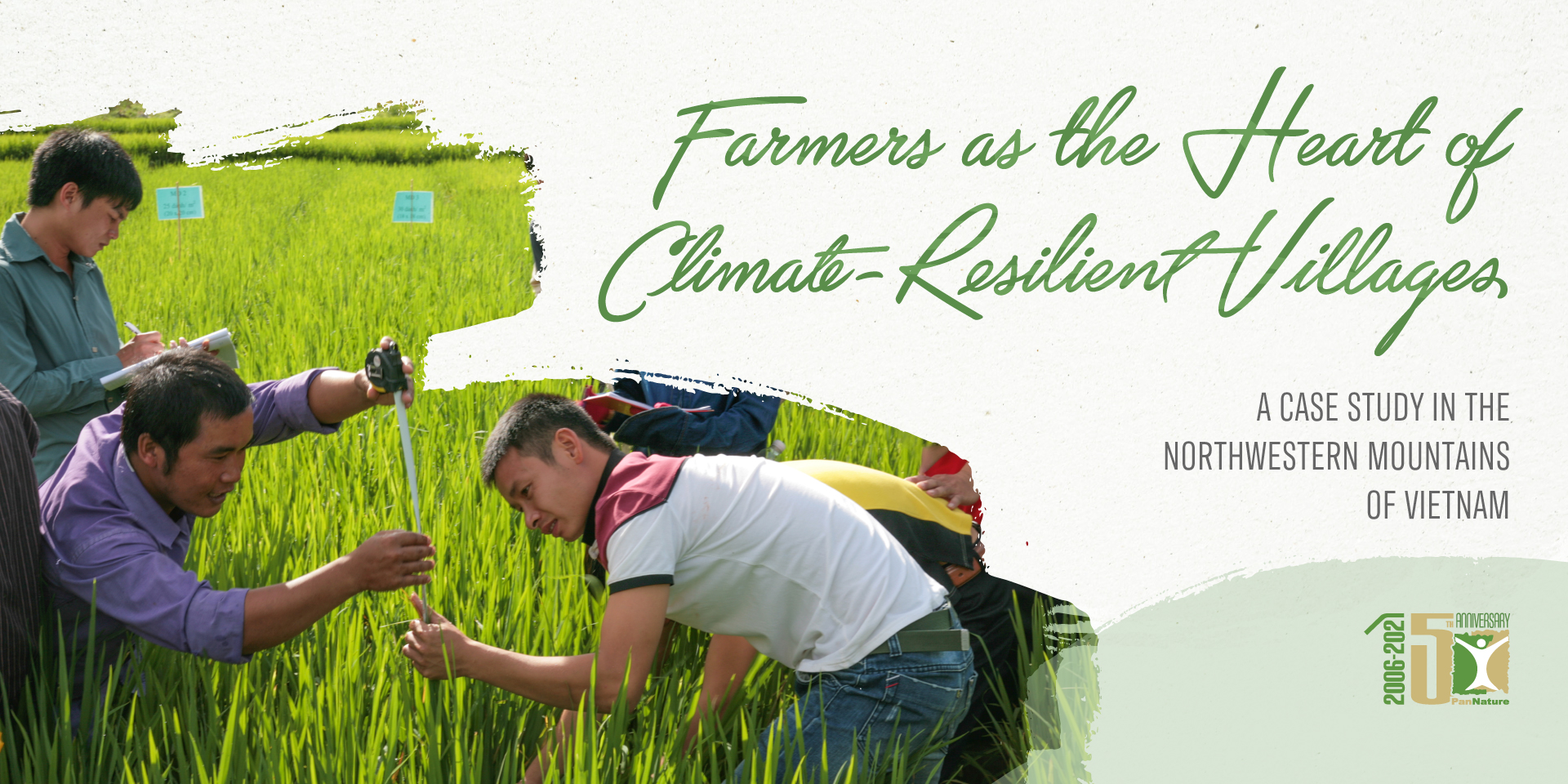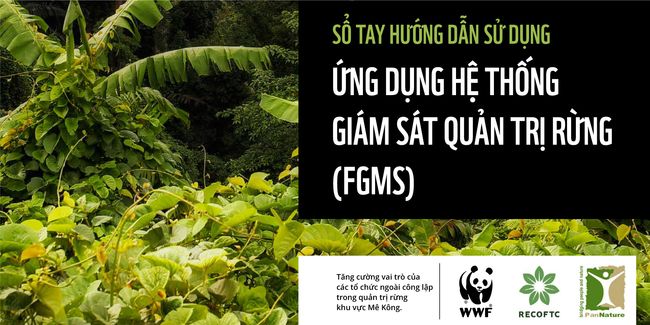Agroforestry Helps to Secure Land Tenure in Dak Lak Province
ERPA Handbook: Q&A for individuals, households and communities
Policy Review 33: Carbon Market – Vietnam’s Potentials and Prospects
New report on territories of life in Southeast Asia
The Challenges of Collective PES: Insights from Three Community-based Models in Vietnam
Barriers to Combating the Illegal Trade of WildLife
In the Maze: an Outlook of Illegal Wildlife Trade before and during the Covid-19 Pandemic in Vietnam
In recent years, Vietnam has become one of the global hotspots for the illegal trade of wildlife. Despite efforts of the government and counterparts in combating this endemic problem, evidence shows that the illicit trade has not declined. Field surveys…
Farmers as the Heart of Climate-Resilient Villages
Farmers need to be the central part of agricultural initiatives to bring real transformation. On August 19, 2021, PanNature published the paper "Farmers as the Heart of Climate-Resilient Villages: A Case Study in the Northwestern Mountains of Vietnam". Based on…
New forest monitoring and evaluation system developed to improve landscape governance in Viet Nam
WWF-Viet Nam, RECOFTC, and People and Nature Reconciliation (PanNature) have developed a comprehensive monitoring and evaluation system and its mobile application to support the monitoring and evaluation of forest governance in Viet Nam. The application is a tool that is…

